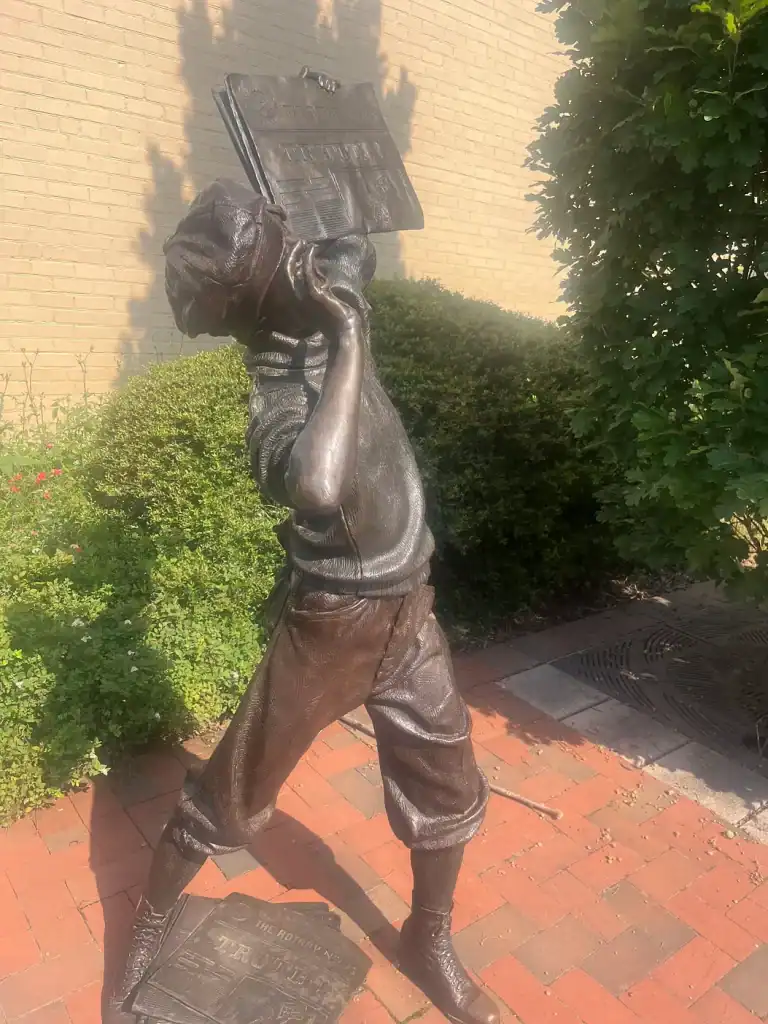How Gen Z’s Truth-Seeking Is Reshaping the Courtroom
I was doing research for our upcoming community live event. It seemed pretty straight forward on the surface, but it got interesting quickly. Comparing the view of truth telling from sections of the legal landscape showed significant distinctions between cultures.
As Generation Z enters jury boxes and law schools, their fundamentally different relationship with truth is creating ripple effects throughout our legal system.
Picture this: A Baby Boomer judge presiding over a case with Gen Z jurors. The judge expects deference to institutional authority. The jurors instinctively want to crowdsource information and verify claims through their social networks. Welcome to the new reality of our courtrooms.
This isn’t just a generational clash—it’s a fundamental shift in how we understand and seek truth itself.
How Truth-Seeking Evolved Across Generations
Baby Boomers: Trust the Gatekeepers Boomers grew up trusting clear hierarchies. If Walter Cronkite said it, or if it came from the New York Times, it was probably true. Authority and credentials mattered immensely. Their approach was linear: read the newspaper, trust the expert.
This created deep respect for expertise, but it also created blind spots. Surprisingly, research shows Boomers shared nearly seven times more fake news links on Facebook than Gen Z. When bad actors learned to mimic institutional credibility online, Boomers were sitting ducks.
Gen X: Trust But Verify Gen X developed healthy skepticism toward institutions while still respecting them. They lived through Watergate and learned to question authority without rejecting it entirely. Studies show Gen Xers scored best at recognizing misinformation among all generations—they found the sweet spot between trust and skepticism.
Gen Z: Truth Is Collaborative Then came Gen Z, and everything changed. They don’t just consume information differently—they have a fundamentally different relationship with truth itself. Research shows they’re more likely to encounter information rather than actively searching for it. Most importantly, their truth-seeking is social and collaborative, where information validation happens through peer networks rather than traditional authorities.
What Gen Z Gets Right and the Challenges
The Good News: Gen Z applies more context and skepticism to online information than older generations. A Google survey found they’re actually better than millennials or boomers at fact-checking. They evaluate information based on content rather than format, and they understand that truth in the digital age is collaborative.
The Challenges: Large-scale studies find Gen Z shows higher misinformation susceptibility in certain contexts. They’re less confident in their ability to recognize misinformation, and their social approach can amplify false information when it resonates with peer groups.
The Courtroom Reality Check
Traditional courtrooms are built on hierarchical authority structures—judges control information flow, expert witnesses derive credibility from credentials, and jurors are supposed to consider only evidence presented in court.
But Gen Z jurors are used to triangulating information across multiple sources in real-time. Being told they can’t research the case online or discuss it with friends feels artificial and limiting. Modern jurors are more vulnerable to unintentionally hearing about trials through social media notifications, which particularly affects Gen Z who live with constant connectivity.
About 70% of Gen Z lawyers believe in driving change themselves and engaging in digital activism. They’re bringing more advocacy-oriented approaches to legal practice, challenging traditional notions.
What This Means for Justice
Each generation developed truth-seeking strategies suited to their information environment. The challenge is learning to harness the strengths of each while mitigating their weaknesses.
We need institutional expertise AND democratic information processing. We need the sustained attention of traditional research AND the adaptive intelligence of digital natives.
The future of justice lies in creating systems that leverage the best of each approach—training judges to communicate with digitally native jurors, developing new models of evidence presentation that satisfy both institutional rigor and collaborative verification, and creating legal education that combines traditional critical thinking with digital information literacy.
As Gen Z brings their collaborative, networked approach to truth-seeking into our courtrooms, we have an opportunity to create a more robust, more resilient system of justice. But only if we embrace bridging the gap.
Diane is the Founder of Impartial. Through her own unfortunate prosecution, Diane learned firsthand what the US criminal justice system is. She shares information, stories and possibilities about what our criminal justice is and could be.
Diane Wells
